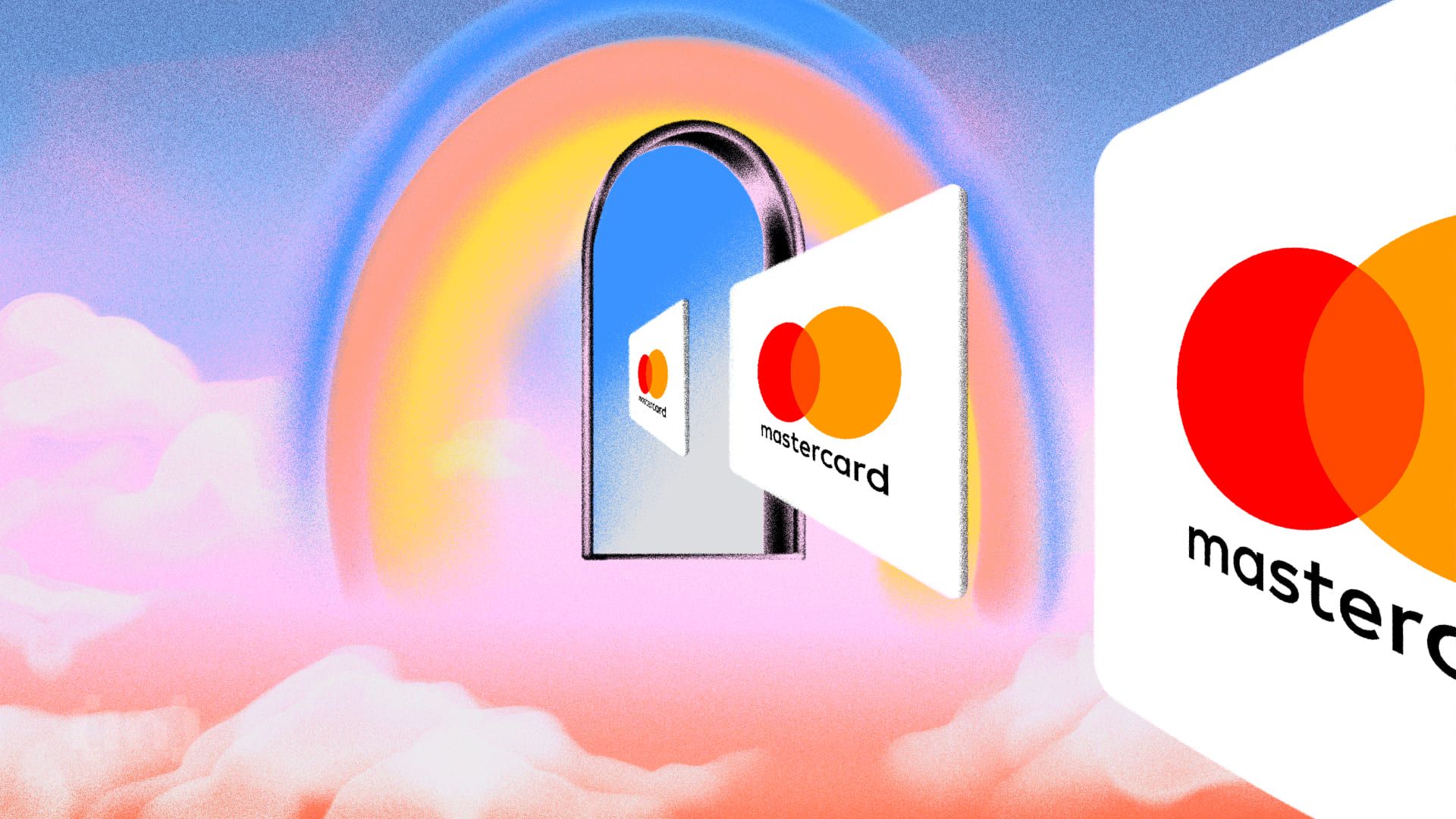Mastercard’s Crypto Credential Begins P2P Pilot

Mastercard has launched its Crypto Credential, allowing users to send and receive cryptocurrencies using aliases instead of complex blockchain addresses.
Introduced in 2023, this peer-to-peer (P2P) feature marks the first real-world application of Mastercard Crypto Credentials. The company plans to extend this functionality to include NFTs, ticketing, and other payment solutions.
Mastercard Aims to Enabling Secure and Simple Blockchain Transactions
Mastercard Crypto Credential simplifies blockchain interactions by verifying user identities and ensuring compatibility between digital assets and recipient wallets. This system increases transaction trust and certainty by eliminating the need for users to know which assets or chains the recipient supports. The platform also supports the exchange of Travel Rule information to maintain transparency and prevent illegal activities.
Under Mastercard Crypto Credential standards, users undergo verification and receive an alias for transactions. The system verifies the recipient’s alias and wallet compatibility before proceeding. It also notifies the sender if there are any issues to prevent potential loss of funds.
Read more: Deploying Blockchain Infrastructure: Challenges and Solutions
Mastercard’s Crypto Credential feature is now live on several crypto exchanges, including Bit2Me, Lirium, and Mercado Bitcoin. Other crypto exchanges like Foxbit and Lulubit are the latest platforms to integrate this feature, further expanding its reach. Users in countries such as Argentina, Brazil, France, and Spain can now conduct cross-border and domestic transfers in multiple currencies and across different blockchains.
Initially, a select group of users will leverage this feature. In the coming months, Mastercard plans to extend availability to over seven million users across participating exchanges. This expansion signifies Mastercard’s commitment to enhancing the usability and accessibility of cryptocurrencies.
Walter Pimenta, Executive Vice President of Product and Engineering, Latin America and the Caribbean at Mastercard, shared his thoughts regarding this development.
“As interest in blockchain and digital assets continues to surge in Latin America and around the world, it is essential to keep delivering trusted and verifiable interactions across public blockchain networks,” Pimenta said.
Read more: Revolutionary Blockchain Ideas
Mastercard’s initiative is part of a broader trend in the finance industry, where traditional financial institutions increasingly integrate blockchain technology and cryptocurrencies into their services. Visa, for example, has been exploring ways to enable Ethereum gas fee payments via its cards.
The company uses the ERC-4337 standard and a special smart contract called “paymaster.” This approach would allow users to pay gas fees off-chain without needing to hold the native tokens of a particular blockchain.
Disclaimer
In adherence to the Trust Project guidelines, BeInCrypto is committed to unbiased, transparent reporting. This news article aims to provide accurate, timely information. However, readers are advised to verify facts independently and consult with a professional before making any decisions based on this content. Please note that our Terms and Conditions, Privacy Policy, and Disclaimers have been updated.



